UNMIK: EULEX cooperation in Serbia's interests
UNMIK Chief Lamberto Zannier says that Serbia has to cooperate with Brussels when it comes to the EULEX mission.
Saturday, 02.08.2008.
10:19

UNMIK Chief Lamberto Zannier says that Serbia has to cooperate with Brussels when it comes to the EULEX mission. Zannier told the BBC that the framework that Resolution 1244 offered was still very important in terms of allowing interaction between the ethnic communities in Kosovo. UNMIK: EULEX cooperation in Serbia's interests “Serbia herself, and we saw this from the results of the recent elections in Belgrade, wants to move closer to Europe, and in so doing, will have to enhance and expand dialogue with Brussels on all aspects,” he pointed out. In an interview with the BBC’s Albanian service, the UNMIK chief said that the EULEX mission represented “a European perspective and implementation of that perspective on the field, but that the framework currently offered by UN Security Council Resolution 1244 is still very important for allowing interaction between the ethnic communities in Kosovo.” “EULEX’s objective is to operate under the political umbrella of the said resolution and to make use of it, and, as the EULEX mission becomes more firmly established with time, so UNMIK’s role will be scaled down, depending on how events unfold and time frames,” he explained. Zannier added that EULEX’s function was linked at the same time with the role the EU had in the region, not only in terms of the programs the European Commission was implementing in Kosovo, but also when it came to the talks that would be held prior to Kosovo opening the process that should ultimately lead the province into the EU. As far as establishing the mission in northern Kosovo was concerned, EULEX would, the UNMIK chief said, “have to take care of that itself in talks with Belgrade and in talks with northern Kosovo”. “I cannot impose EULEX on the Serbs, nor do I see it as my role,” said Zannier. He said that Europe would have to find strong arguments to convince the Serbs of this, to show Belgrade and Serbia that they would have benefits from this and that “EULEX is there to look after their interests.” Asked about UNMIK reconfiguration, Zannier replied that an “in-depth and broadly accepted plan” was sitting in UN headquarters, “whose application could begin in early August.” “From that moment, UNMIK’s structure and role will depend, to a great extent, on the way other actors establish themselves in Kosovo, primarily EULEX. If the EU mission becomes established throughout the province, then we’ll gradually begin to scale down certain segments of the UNMIK operation, particularly in the areas of police and justice,” said the UNMIK chief. While the UN was aware of what Pristina wanted from UNMIK reconfiguration, at the same time, there was still a strongly expressed desire for UNMIK to remain in Kosovo, he added. “Although an UNMIK reconfiguration process will take place, its work, even in deploying the EULEX mission, could last longer than originally planned,” Zannier underlined. Lamberto Zannier (Beta, archive)
UNMIK: EULEX cooperation in Serbia's interests
“Serbia herself, and we saw this from the results of the recent elections in Belgrade, wants to move closer to Europe, and in so doing, will have to enhance and expand dialogue with Brussels on all aspects,” he pointed out.In an interview with the BBC’s Albanian service, the UNMIK chief said that the EULEX mission represented “a European perspective and implementation of that perspective on the field, but that the framework currently offered by UN Security Council Resolution 1244 is still very important for allowing interaction between the ethnic communities in Kosovo.”
“EULEX’s objective is to operate under the political umbrella of the said resolution and to make use of it, and, as the EULEX mission becomes more firmly established with time, so UNMIK’s role will be scaled down, depending on how events unfold and time frames,” he explained.
Zannier added that EULEX’s function was linked at the same time with the role the EU had in the region, not only in terms of the programs the European Commission was implementing in Kosovo, but also when it came to the talks that would be held prior to Kosovo opening the process that should ultimately lead the province into the EU.
As far as establishing the mission in northern Kosovo was concerned, EULEX would, the UNMIK chief said, “have to take care of that itself in talks with Belgrade and in talks with northern Kosovo”.
“I cannot impose EULEX on the Serbs, nor do I see it as my role,” said Zannier.
He said that Europe would have to find strong arguments to convince the Serbs of this, to show Belgrade and Serbia that they would have benefits from this and that “EULEX is there to look after their interests.”
Asked about UNMIK reconfiguration, Zannier replied that an “in-depth and broadly accepted plan” was sitting in UN headquarters, “whose application could begin in early August.”
“From that moment, UNMIK’s structure and role will depend, to a great extent, on the way other actors establish themselves in Kosovo, primarily EULEX. If the EU mission becomes established throughout the province, then we’ll gradually begin to scale down certain segments of the UNMIK operation, particularly in the areas of police and justice,” said the UNMIK chief.
While the UN was aware of what Priština wanted from UNMIK reconfiguration, at the same time, there was still a strongly expressed desire for UNMIK to remain in Kosovo, he added.
“Although an UNMIK reconfiguration process will take place, its work, even in deploying the EULEX mission, could last longer than originally planned,” Zannier underlined.











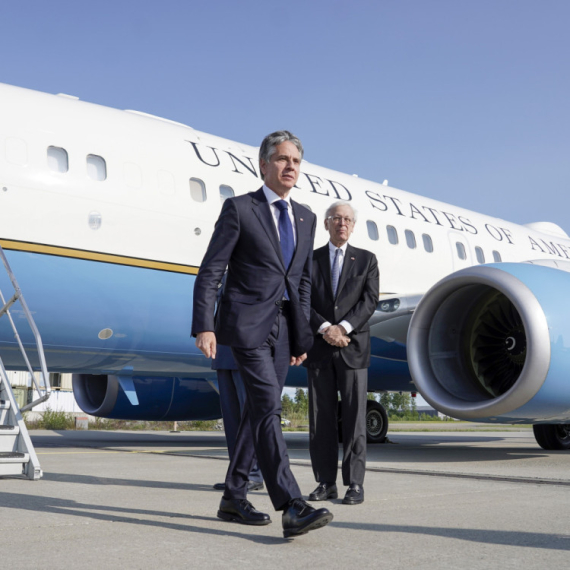



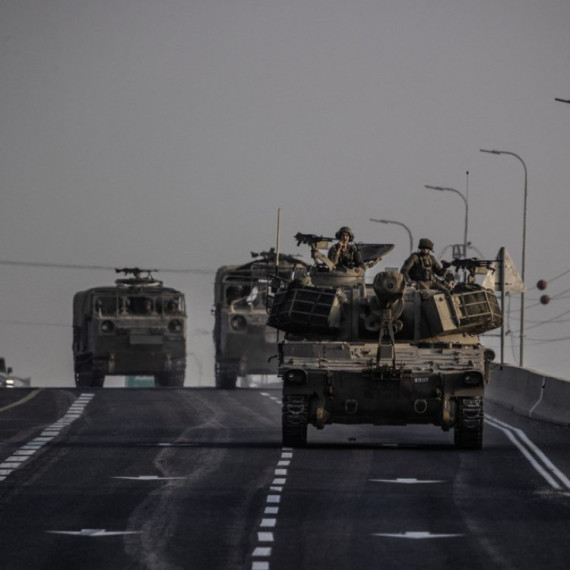

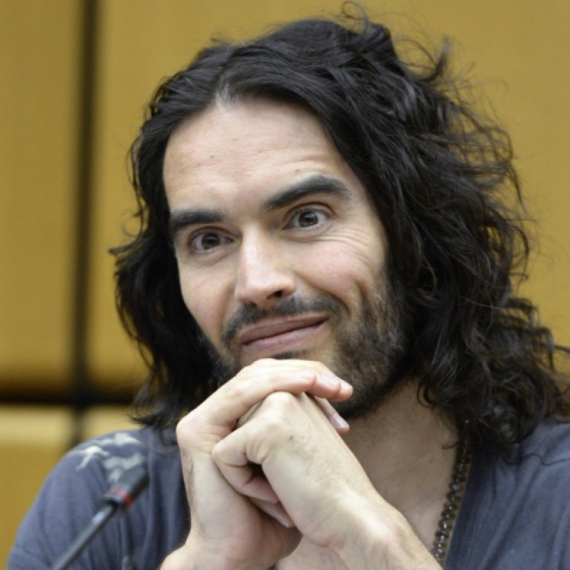

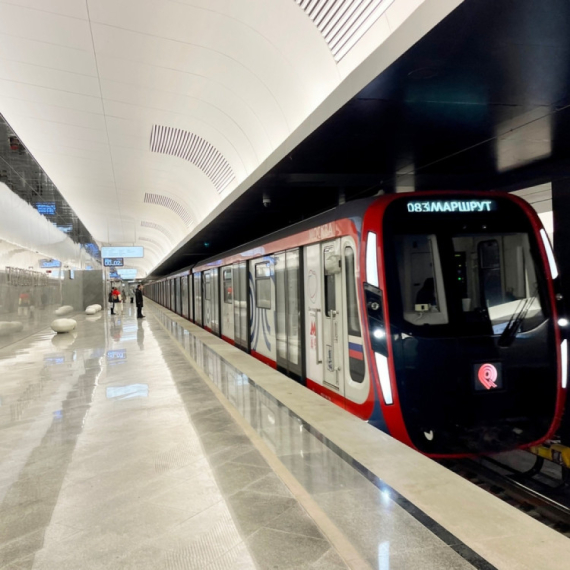

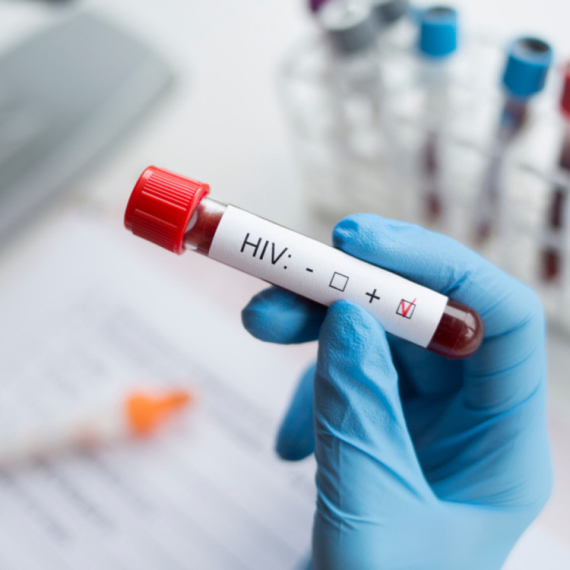


























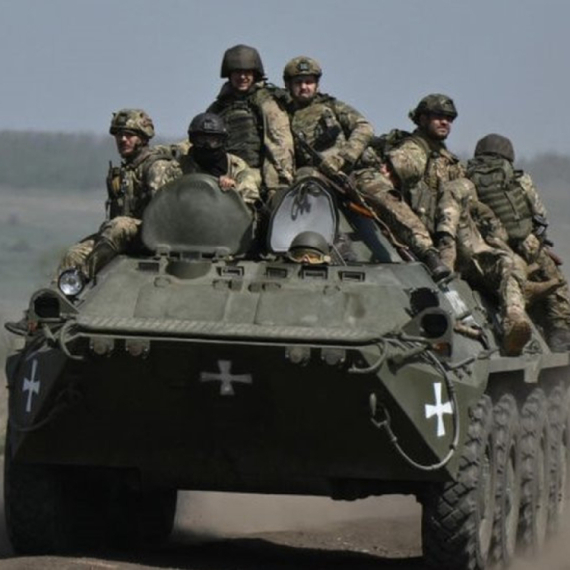


Komentari 7
Pogledaj komentare